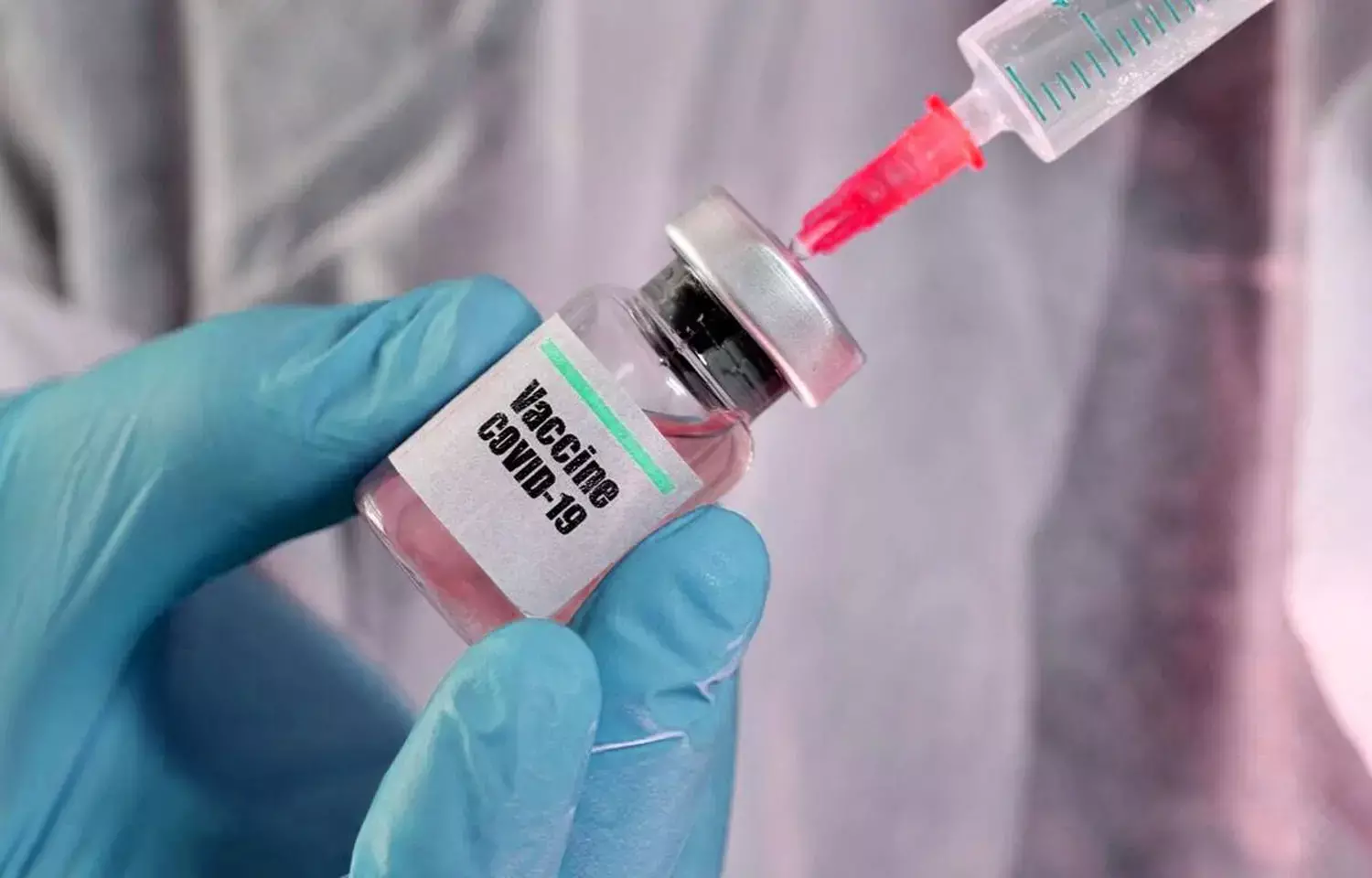- Home
- Medical news & Guidelines
- Anesthesiology
- Cardiology and CTVS
- Critical Care
- Dentistry
- Dermatology
- Diabetes and Endocrinology
- ENT
- Gastroenterology
- Medicine
- Nephrology
- Neurology
- Obstretics-Gynaecology
- Oncology
- Ophthalmology
- Orthopaedics
- Pediatrics-Neonatology
- Psychiatry
- Pulmonology
- Radiology
- Surgery
- Urology
- Laboratory Medicine
- Diet
- Nursing
- Paramedical
- Physiotherapy
- Health news
- Fact Check
- Bone Health Fact Check
- Brain Health Fact Check
- Cancer Related Fact Check
- Child Care Fact Check
- Dental and oral health fact check
- Diabetes and metabolic health fact check
- Diet and Nutrition Fact Check
- Eye and ENT Care Fact Check
- Fitness fact check
- Gut health fact check
- Heart health fact check
- Kidney health fact check
- Medical education fact check
- Men's health fact check
- Respiratory fact check
- Skin and hair care fact check
- Vaccine and Immunization fact check
- Women's health fact check
- AYUSH
- State News
- Andaman and Nicobar Islands
- Andhra Pradesh
- Arunachal Pradesh
- Assam
- Bihar
- Chandigarh
- Chattisgarh
- Dadra and Nagar Haveli
- Daman and Diu
- Delhi
- Goa
- Gujarat
- Haryana
- Himachal Pradesh
- Jammu & Kashmir
- Jharkhand
- Karnataka
- Kerala
- Ladakh
- Lakshadweep
- Madhya Pradesh
- Maharashtra
- Manipur
- Meghalaya
- Mizoram
- Nagaland
- Odisha
- Puducherry
- Punjab
- Rajasthan
- Sikkim
- Tamil Nadu
- Telangana
- Tripura
- Uttar Pradesh
- Uttrakhand
- West Bengal
- Medical Education
- Industry
Lottery-based incentives do not increase COVID-19 vaccination rates: JAMA

(Boston)-- Widespread vaccine administration is necessary to curb the COVID-19 pandemic. In order to overcome COVID-19 vaccine hesitancy, states have introduced various strategies to increase vaccine uptake.
Lottery-based incentive system "Vax-a-Million" intended to increase COVID-19 vaccination rates, was not associated with an increase in COVD-19 vaccinations, according to Boston University School of Medicine (BUSM) researchers.
Prior reports in the media had suggested that the Ohio lottery increased COVID-19 vaccinations, leading other states to use COVID-19 vaccine incentive lotteries in an attempt to increase slowing vaccination rates. "However, prior evaluations of the Ohio vaccine incentive lottery did not account for other changes in COVID-19 vaccination rates in the United States, such as those that may have been due to expansion of vaccination to ages 12-15," explained corresponding author Allan J. Walkey, MD, MSc, professor of medicine at BUSM.
Using data from the U.S. Centers of Disease Control to evaluate trends in vaccination rates among adults 18 and older, the researchers compared vaccination rates before and after the Ohio lottery versus other states in the U.S. that did not yet have vaccine incentive lottery programs. Vaccination rates in other states served as a "control" for vaccination trends measured in Ohio, allowing the researchers to account for factors besides the Ohio lottery (such expanding vaccine eligibility to adolescents) throughout the country.
"Our results suggest that state-based lotteries are of limited value in increasing vaccine uptake. Therefore, the resources devoted to vaccine lotteries may be more successfully invested in programs that target underlying reasons for vaccine hesitancy and low vaccine uptake," said Walkey, a physician at Boston Medical Center.
The researchers believe identifying interventions that can successfully increase COVID-19 vaccination rates is a critical public health issue necessary to curb the pandemic. "It is important to rigorously evaluate strategies designed to increase vaccine uptake, rapidly deploy successful strategies, and phase out those that do not work," Walkey said.
Although Walkey and his colleagues were sorry to see that state lottery incentives were not associated with an increase COVID-19 vaccinations, they hope their findings will lead to a shift in focus away from ineffective and expensive lotteries, and on to further study of other programs that may more successfully increase vaccine uptake.
https://jamanetwork.com/journals/jama/article-abstract/2781792
Hina Zahid Joined Medical Dialogue in 2017 with a passion to work as a Reporter. She coordinates with various national and international journals and association and covers all the stories related to Medical guidelines, Medical Journals, rare medical surgeries as well as all the updates in the medical field. Email: editorial@medicaldialogues.in. Contact no. 011-43720751
Dr Kamal Kant Kohli-MBBS, DTCD- a chest specialist with more than 30 years of practice and a flair for writing clinical articles, Dr Kamal Kant Kohli joined Medical Dialogues as a Chief Editor of Medical News. Besides writing articles, as an editor, he proofreads and verifies all the medical content published on Medical Dialogues including those coming from journals, studies,medical conferences,guidelines etc. Email: drkohli@medicaldialogues.in. Contact no. 011-43720751


